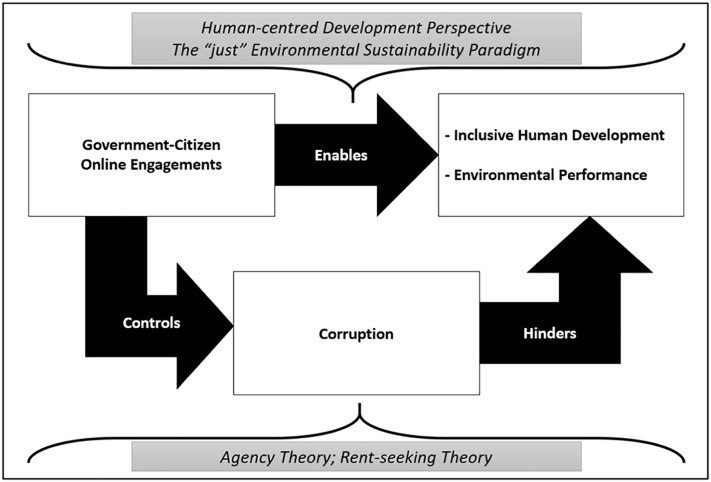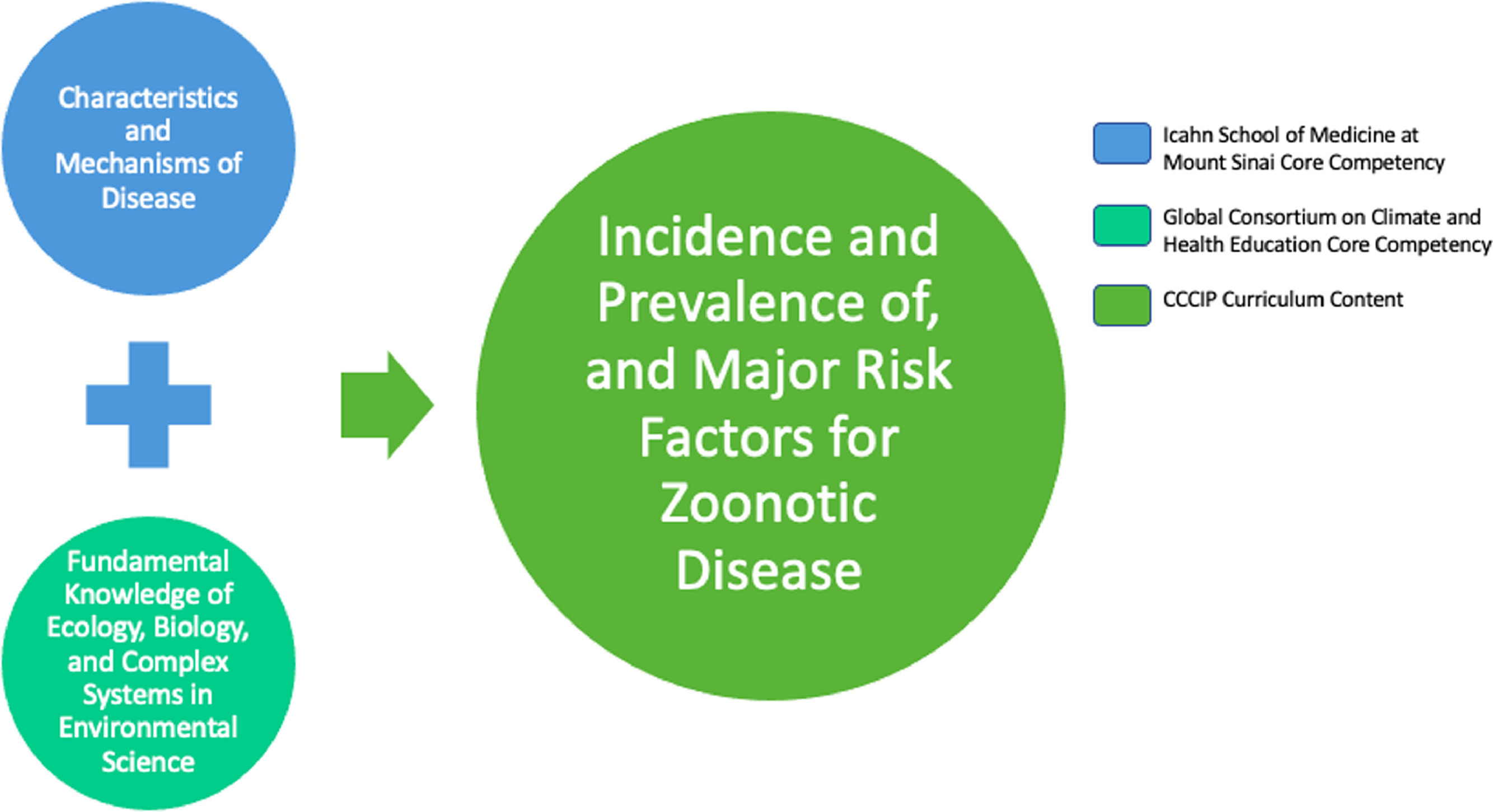Elsevier, Poetics, Volume 88, October 2021
Scientific research is governed by strict disciplinary norms and symbolic boundaries. This highly structured context is the space of probables, which dictates what research is likely to occur. Interdisciplinarity may disrupt these disciplinary norms by bridging epistemic gaps across disciplines to foster originality. But can interdisciplinarity actually expand the space of probables over time? In this paper, we analyze the evolution of the interdisciplinary field of climate change research based on 30,228 scientific abstracts from 2000 to 2019.
Elsevier, Government Information Quarterly, Volume 38, October 2021
Against a backdrop of scant scholarly evidence regarding the effectiveness of E-Participation (EP) in enabling broader macro-level outcomes, we posit that electronic participation use by governments in engaging citizens leads to a more inclusive human development and superior environmental performance, directly as well as indirectly through corruption control.
Elsevier,
SSM - Mental Health, Volume 1, 2021, 100028
This article ties to SDG 3. It identifies psychosocial interventions conducted in middle childhood with forcibly displaced children; summarizes the characteristics of the included interventions; identifies the methodological quality of the studies; and identifies effectiveness of the interventions.
Elsevier,
The Journal of Climate Change and Health, 2021, 100065
The Icahn School of Medicine at Mount Sinai has developed a unique Climate Change Curriculum Infusion Project (CCCIP) designed to incorporate information on climate health into an existing undergraduate preclinical curriculum.


